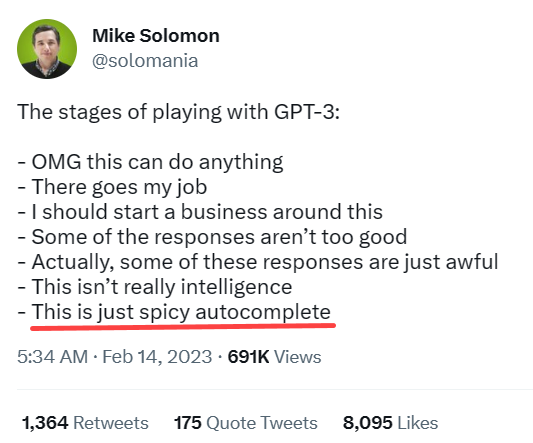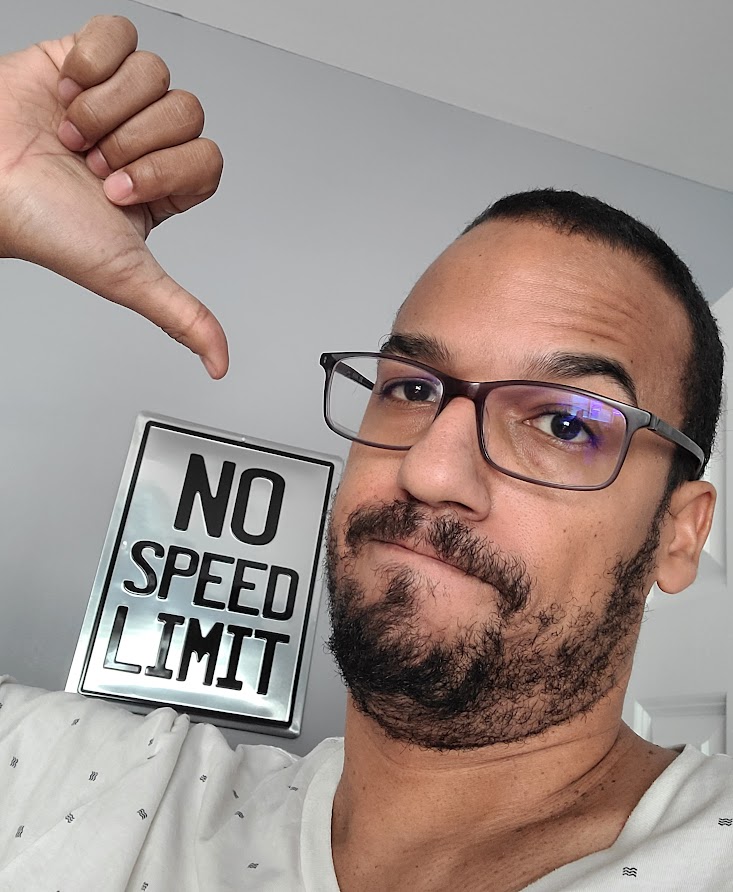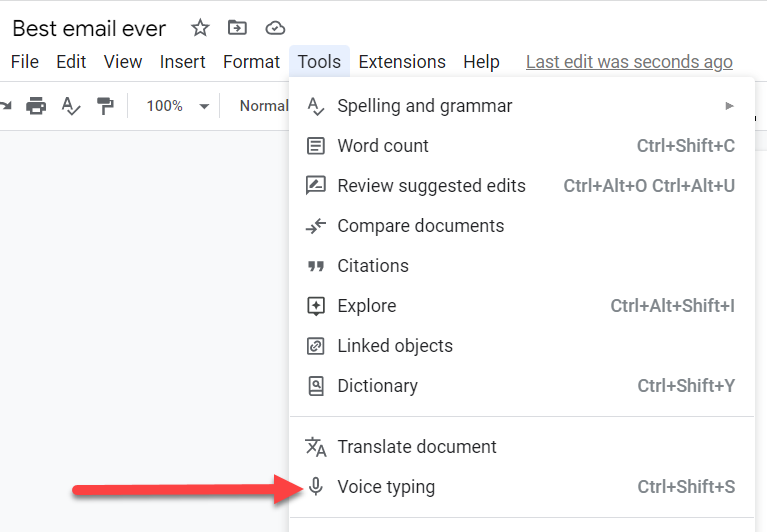Set your fees like your life depends on them. Because it does.
Here’s how to make sure you’re not leaving money on the table when working with clients:
1. Relentlessly build your visibility and authority. Your authority and visible expertise create more leverage than you may think when setting and getting fees.
Publish authoritative content. Be seen associating with (and working with) other respected authorities. Collect and showcase great testimonials.
2. Working with the “right” clients has a bigger impact on fee acceptance than almost any other factor.
You can get paid 10X more just by working with a client for whom it makes sense to pay well.
For example:
It doesn’t make much sense for a client to pay a copywriter $500 per email if he’s selling a $7 ebook and only has 100 people on his email list.
On the other hand, a client with half a million subscribers and product funnel with higher-priced upsells, it doesn’t make much sense to pinch pennies when hiring a copywriter.
No, he knows he needs to hire the best copywriter he can find… because weak copy will cost him a FORTUNE.
Adopting a rainmaker mindset can help you negotiate with these potential clients. In this livestream recording, I explain what I mean by that and how you can install the rainmaker mindset to set you up for success:
3. Try to find out the value (financial, emotional, time) of getting the job done right — and the cost (financial, emotional, time) of allowing the job to remain undone or to be done poorly.
Then set your fees boldly, understanding the true value you bring.
How valuable is it to the client to:
- get the job done well?
- get it done quickly?
- find a provider he can trust?
- begin a relationship that can last over the long term… instead of needing to start working with a new stranger in 30 days?
- be able to move forward confidently?
- get outside perspective that can help create even better results?
- to finally have some peace of mind?
It’s worth a LOT.
Much more than the “sticker price” of the deliverable itself.
There’s a number where the value perceived by the client overlaps with what you feel it’s worth to you to invest your time and brainpower to the project.
Your fees should land somewhere in that overlap.
That’s how you can maximize your revenue per project and feel good about it in the process.
It works whether you quote a set fee or performance-based fee.
Hope this has been helpful. Took me YEARS to learn some of these lessons!




